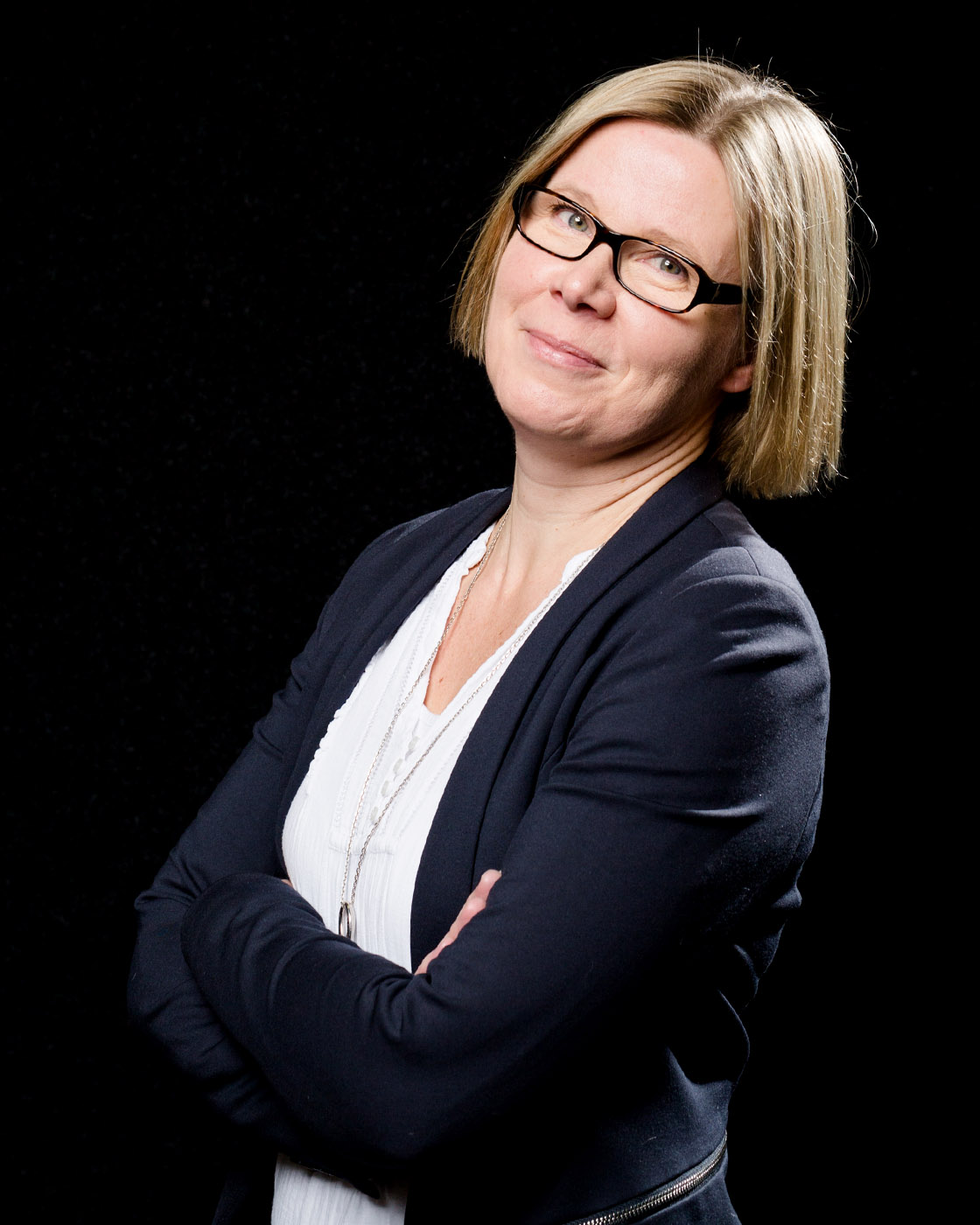A study module on the circular economy in food chains
Ended project: 10/2017 – 9/2019
Five universities jointly developed a study module that goes deeper into food chains compliant with the circular economy.
The project was part of the Circular economy teaching for all levels of education package implemented between 2017 and 2019. Sitra’s vision was that all graduates should understand what the circular economy means from the point of view of their work and day-to-day life, and what decisions and actions they can take to promote the circular economy. The aim was to increase expertise in the circular economy in Finland by extensively developing circular economy training, materials, concepts and co-operation from different points of view for all levels of education. More than 50 educational institutions, organisations and businesses took part in the package.
What was achieved?
The Seinäjoki, Savonia and Karelia Universities of Applied Sciences and Universities of Vaasa and Jyväskylä planned and piloted a new 35-credit study module (in Finnish) that looks at the circular economy of the food chain from different points of view. The study module included seven courses:
- Ruokaketjun energianomavaraisuus (Energy self-sufficiency in the food chain), five credits (University of Vaasa)
- Digitalisaatio ruokaketjun kiertotaloudessa (Digitisation in the circular economy of the food chain), five credits (Seinäjoki UAS)
- Ruokaketjun ravinnekierrot (Nutrition cycles in the food chain), five credits (Karelia UAS)
- Kestävä ruokaketjun johtaminen kiertotaloudessa (Sustainable food chain management in the circular economy), five credits (Seinäjoki UAS)
- Kiertotalouden liiketoimintamahdollisuudet ruokaketjussa (Business opportunities of the circular economy in the food chain), five credits (Seinäjoki UAS)
- Ruokatuotteen tuotekehitys kiertotaloudessa (Product development of a food product in the circular economy), five credits (Savonia UAS)
- Moderni kuluttajakäyttäytyminen (Modern consumer behaviour), five credits (University of Vaasa)
After the end of the project, some of the studies will continue on CampusOnline, available to the students of all universities of applied sciences.
The project also developed a new study model: the circular economy stable model. In the stable model, a student develops their personal expertise in the circular economy as part of the other studies of their degree programme. In this model, the assignments and educational materials of the study unit are customised to support the development of the student’s circular economy expertise. The student is given a separate certificate or study register extract for their circular economy stable studies.
The courses, workshops and stable model engaged 300 students and 31 teachers. In addition, the universities increased municipal decision-makers’ understanding of the circular economy of food chains with workshops and an information package (in Finnish). The workshops were organised in Jyväskylä, Joensuu and Kuopio.
Who was involved?
Sitra funded the project, and the people responsible for the project at Sitra were Riitta Silvennoinen and Nani Pajunen. The project was co-ordinated by Seinäjoki University of Applied Sciences. The courses were planned and implemented in co-operation with the University of Vaasa, Savonia University of Applied Sciences, the University of Jyväskylä and Karelia University of Applied Sciences. Vocational colleges in the food, restaurant and catering sectors were also involved in the planning of the courses.

What was it about?